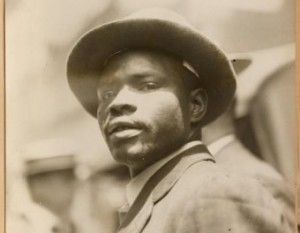Another in our series of new transcriptions of contemporary articles on the Leo Frank case.
Atlanta Constitution
August 14th, 1913
Following the putting off of the decision in regard to Dr. William Owen’s testimony, seven Gwinett county citizens were introduced to add to the thick coat of lampblack already smeared over the character of C. Burgess Dalton, the man who accuses Frank of immoral conduct in the office of the National Pencil factory.
All of the men swore that they would not believe the man on oath and only one or two of them were cross-examined by the state.
The men introduced were O. A. Nix, attorney and former member of the legislature; Samuel Craig; Robert Patterson; Robert Craig; Ed Craig; T. L. Ambrose and J. P. Byrd, well-to-do land owners.
By Samuel Craig the solicitor tried to bring out that as far as he knew Dalton’s character had been good since he last knew him, some 12 or 16 years ago, but Mr. Arnold came back at that by a final question.
“Mr. Craig,” said Mr. Arnold, “if Dalton states that he has been in the habit of taking women to a factory basement, would you consider his character good, if he were telling the truth or if he were lying?”
“I would consider it bad in either case,” the witness replied.
* * *














 Another in
Another in 